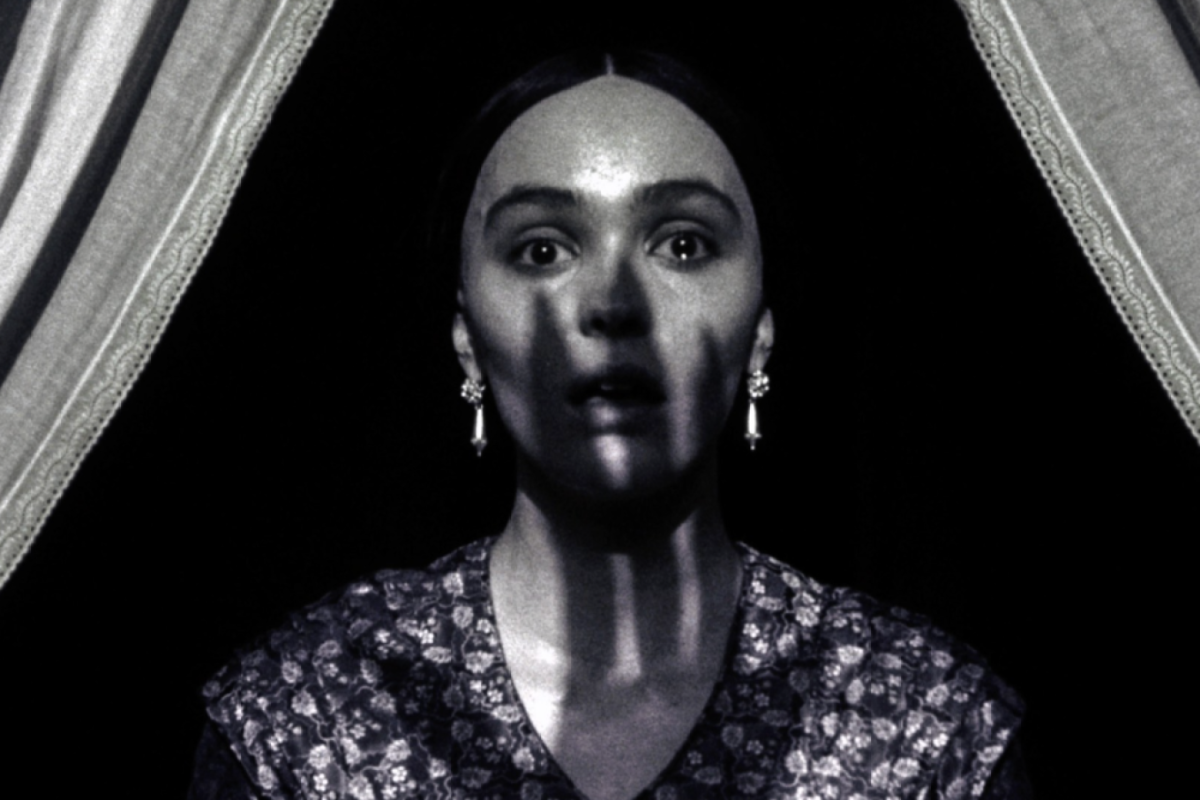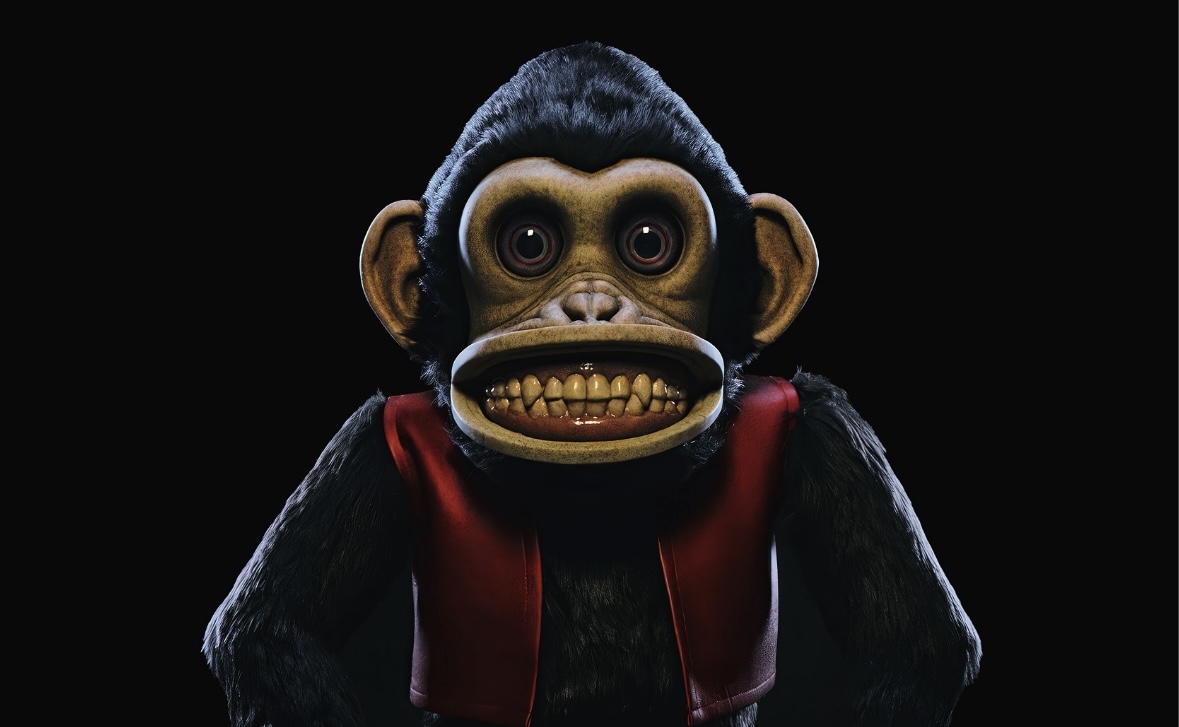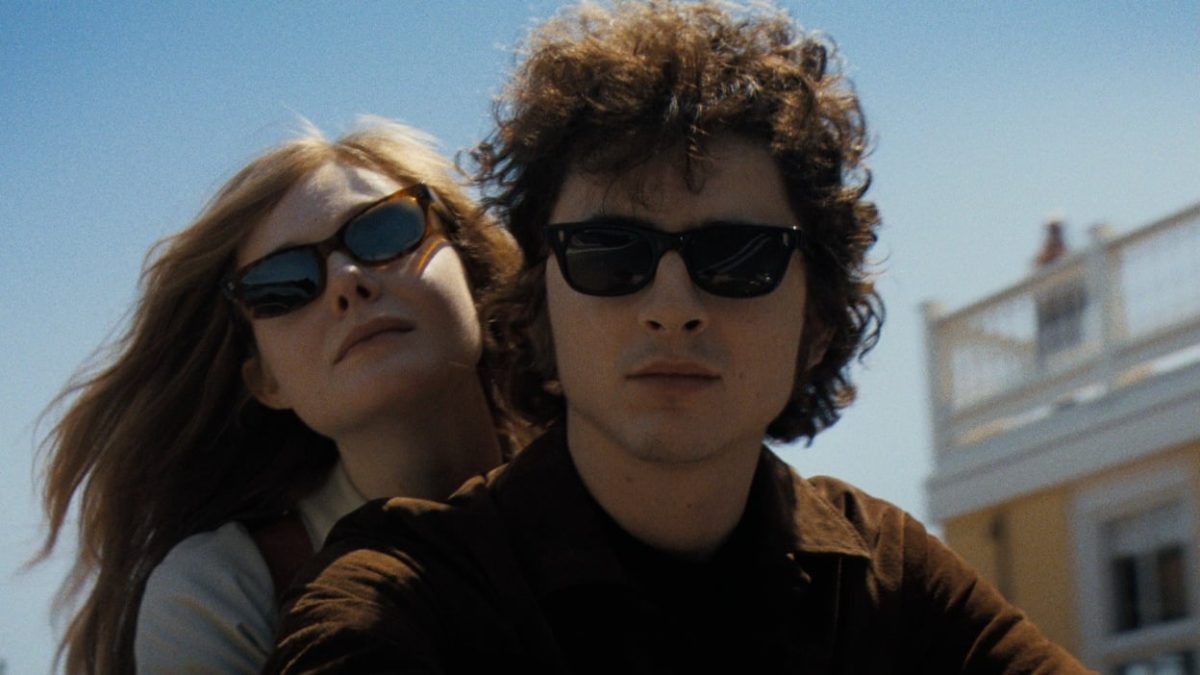The first film from the Hughes Brothers since 2001’s From Hell, The Book of Eli is a post-apocalyptic tale about a man, Eli (Denzel Washington, American Gangster), who is on a mysterious and dangerous quest to cross the American Wasteland with a sacred book in his possession, 30 years after a nuclear war ended the world as people once knew it.
Audiences are introduced early to Eli, a solitary man who is resourceful and deadly in combat. As he wanders into a rare settlement in the wastes where an educated overlord Carnegie (Gary Oldman, The Dark Knight) presides, he comes across the man and discovers from his daughter Solara (Mila Kunis, Forgetting Sarah Marshall) that he carries the book for which Carnegie has been searching. When Eli refuses to turn the book over to him, Carnegie sends his men after Eli and will stop at nothing to obtain the book. Solara, meanwhile, admires Eli and joins him, against Eli’s wishes, on his quest.
The Book of Eli is a movie that has high aspirations for significance and meaning, and uses religion to help achieve this. The movie’s message and reveal are heavy-handed and implausible, and uneven pacing takes away from the movie’s impact.
This being said, The Book of Eli is also a fairly entertaining post-apocalyptic flick that has obvious influences from both the Mad Max films as well as the Fallout video game series. There are a lot of impressive and stylized action sequences that earn Eli its R-rating. Raiders and renegades in the wastes, as well as some of Carnegie’s men, are taken out in a variety of fashions, most notably by Eli’s formidable machete.
Washington once again delivers a solid and charismatic performance that viewers have come to expect from the Oscar-winning actor. Unlike last June’s The Taking of Pelham 1 2 3, The Book of Eli has some substance outside of Washington’s performance and is an admittedly better film.
Gary Oldman returns to the villain persona he plays so well, and gives a hammy and inconsistent turn as Carnegie. Oldman, a British actor, doesn’t seem to know what accent his character has, switching from a Southern accent to a British accent (among others) frequently.
In the film’s third lead, Mila Kunis is serviceable; she doesn’t add much to the character of Solara, but does not take away from her role, either. Also appearing in smaller roles are Ray Stevenson (“Rome”) and Jennifer Beals of Flashdance fame.
Perhaps the best part of Eli is the film’s look. The Book of Eli presents a post-apocalyptic world that has been done before, but does so in a way that is visually captivating. The backdrops and cinematography are beautifully done and there are many images of Eli walking alone in a perpetual desert that are rather haunting.
The Book of Eli, even with its pacing issues and religious commentary, is above average in terms of quality for a mid-January release. Based on Washington’s performance and its visuals alone, the film provides worthwhile escapist entertainment.









